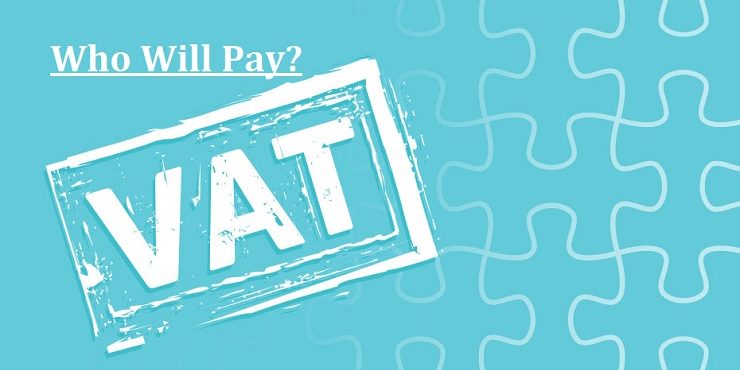There is lot of discussion and searching for information regarding VAT (value added tax) in Dubai and among people intending to start business in the country as the tax will be implemented from 1st of January 2018. Both residents and entrepreneurs are somewhat worried about the effect of VAT on their everyday lives and businesses respectively. It is because the people in Dubai and UAE are accustomed to live without paying taxes for quite some time now. The tax and duty free economy also assisted Dubai to achieve prosperity and higher lifestyle as it attracted many foreign entrepreneurs to invest in Dubai who were trying to find a tax free and secure country to shift their business from their country of origin where they were heavily taxed.
But an important reason to provide a tax free economy was the reliance of UAE on oil and petroleum prices. The situation has reversed since 2014 due to low oil and petroleum prices in the international market. Now, UAE has decided to implement 5% value added tax (VAT). The rate of VAT is quite small as compared to most of the other countries that are charging quite high VAT or GST. E.g. this tax is 50% in India, 27% in Hungary, 25% in Denmark, 20% in the UK, 18% in Turkey and 16% in Jordan. UAE has started VAT online registration from October 2017 for companies with annual revenues of AED 3.75 million. Companies with revenue of over AED 1.87 million can also register themselves in this online VAT registration procedure.
VAT is slightly different from GST as it is applied at the whole supply chain instead of only on the end user. UAE has exempted several necessary items and services from the newly implemented VAT. These include medicines, basic food items, school bills, hospital, education, social services, bicycles etc.
The VAT will be imposed on:
- Consumers will pay VAT if they are purchasing non-essential commodities. Every non-essential product will be taxed by 5% VAT while there is also excise tax on tobacco, soft drinks and energy drinks which means that their prices will increase more than other non-essential products
- Businesses that are providing essential services including health and education will not be affected by VAT and they can reclaim the tax from Dubai government. Other companies will be required to register for VAT if their annual revenue is equal to or more than AED 375,000
- Residential tenant contract will be exempted from this tax. But VAT will be implemented on commercial tenants including shops, offices etc
- There will be no tax on the first sale of new homes. VAT will be implemented at a standard rate on sales of commercial property
- All the imported goods to Dubai are subject to VAT. In case, the purpose of import of goods in Dubai is re-export, then there will be custom duties on these goods during their import and VAT will only be applied in their final destination
If you own a company in Dubai or planning to setup one in the coming future and want to know about the effect of VAT on your business, then we at Riz & Mona Consultancy can provide you detailed information and consultancy regarding VAT. You can contact us via our email address info@rizmona.com.







